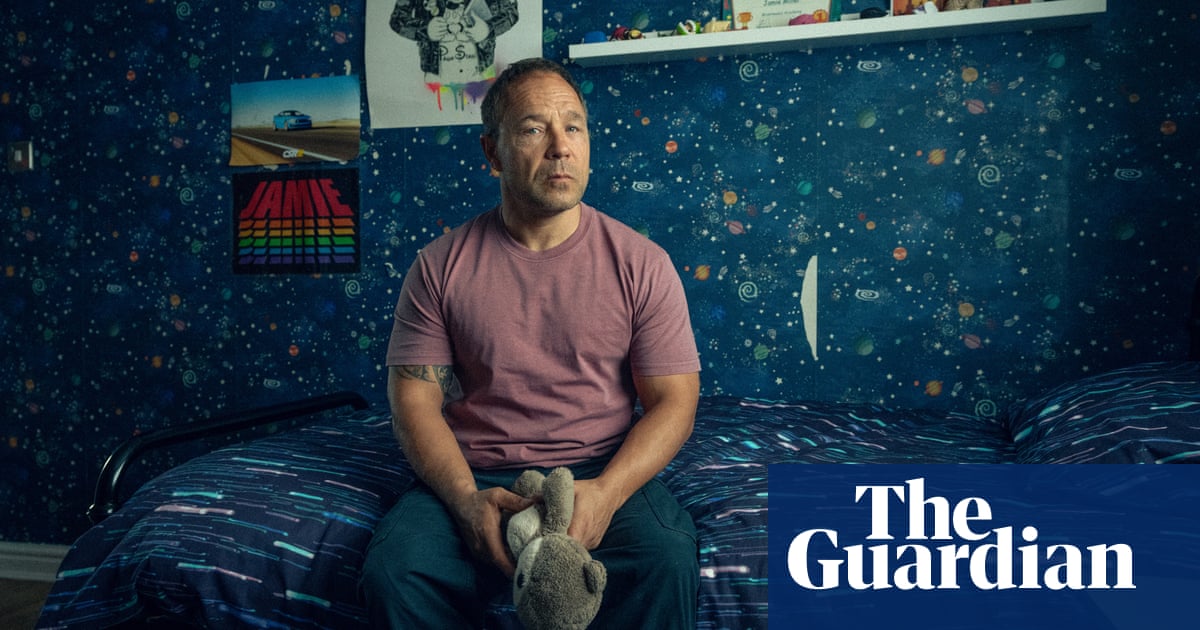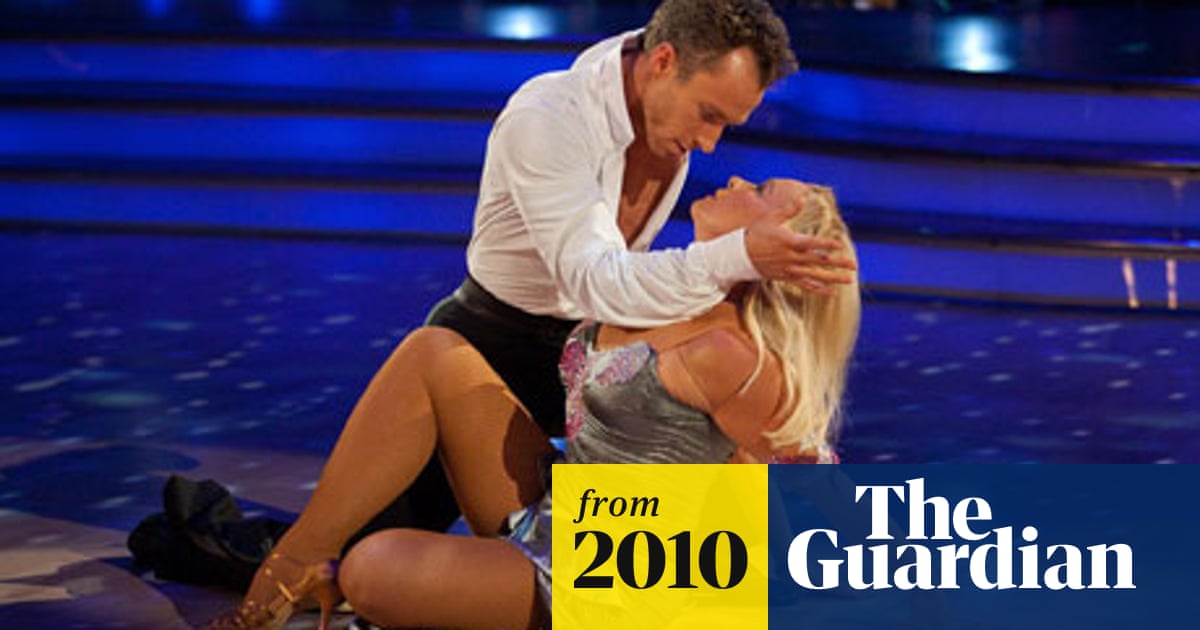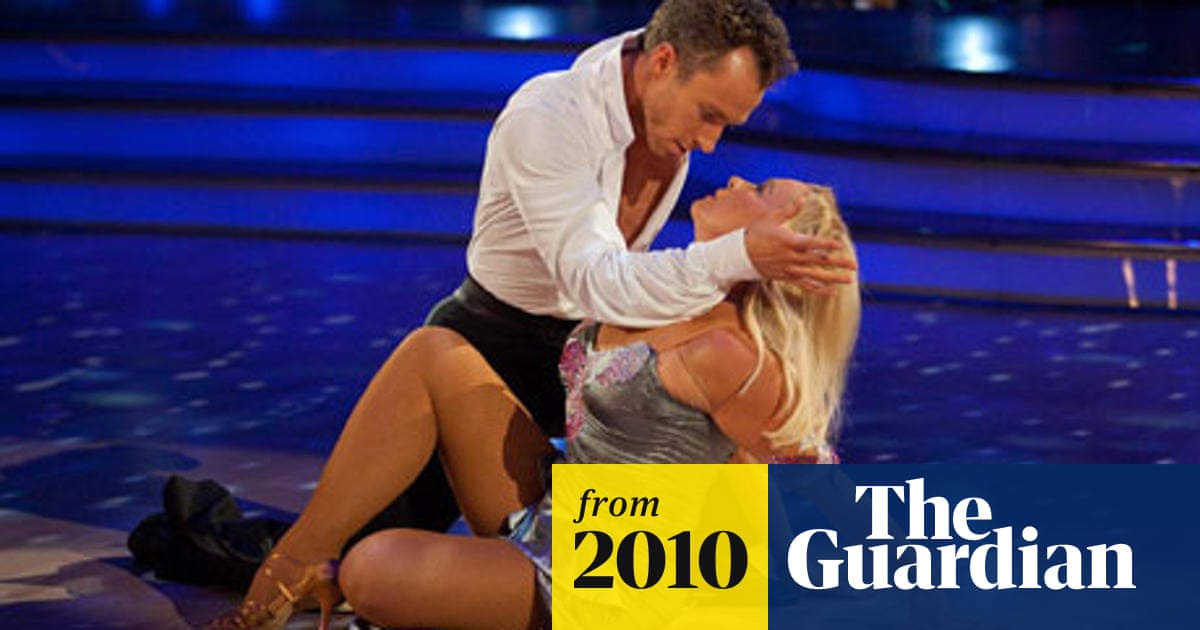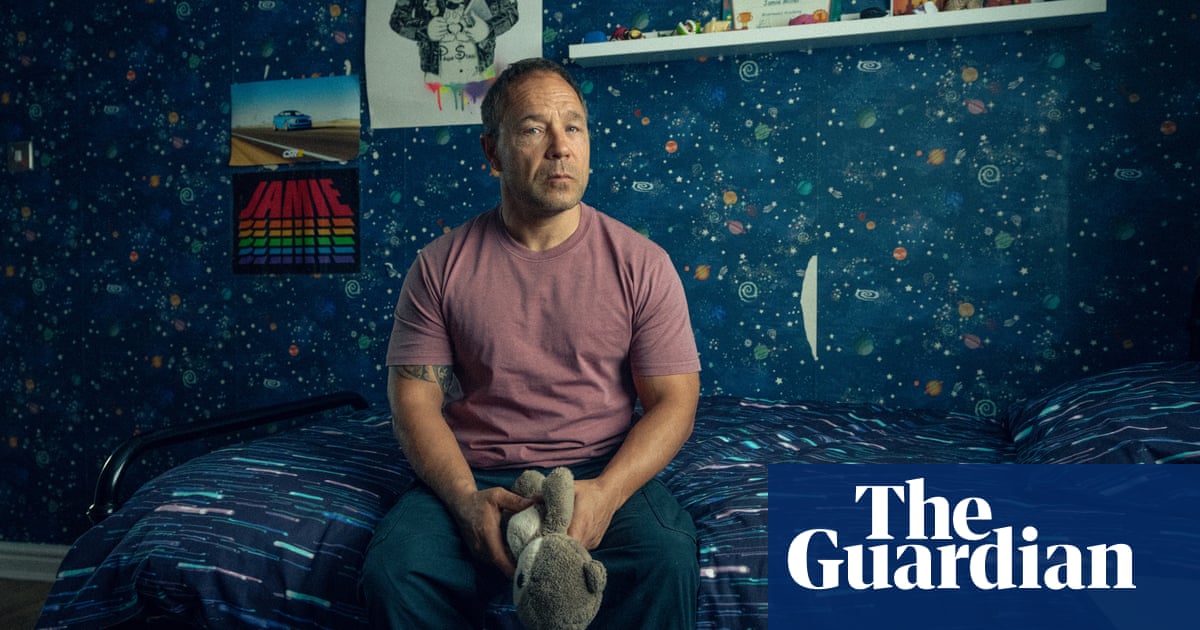“A Revolution in Masculinity: How Britain’s Young are Forcing a National Reckoning” In a groundbreaking shift, the conversation around toxic masculinity is gaining momentum in Britain, and the driving force behind this change is none other than the country’s youth. Recent years have seen a surge in activism and awareness campaigns led by adolescents, who are determined to challenge the long-held norms that have perpetuated harm and inequality. From police officers speaking out about the need for cultural change to policymakers pushing for systemic reforms, the UK is witnessing a seismic shift in its approach to masculinity. This article delves into the fascinating story of how Britain’s young people are redefining what it means to be a man, and in the process, are forcing the nation to confront the dark underbelly of toxic masculinity.

The Importance of Education and Parental Awareness in Preventing Radicalization
One of the most alarming aspects of the story told in “Adolescence” is the ease with which impressionable young minds can be radicalized through online platforms. The series highlights how Jamie, the central character, was groomed by misogynistic influencers and cyber-bullied for being an “incel.” This scenario underscores the critical need for education and parental awareness in preventing such radicalization.

Education plays a pivotal role in equipping young people with the critical thinking skills necessary to navigate the complexities of the digital world. Schools must integrate digital literacy into their curricula, teaching students how to discern credible information from misinformation and harmful content. Programs like Common Sense Media offer resources for educators to help students understand the impact of media and technology on their lives and the lives of others.

Parental awareness is equally crucial. Parents need to be vigilant about what their children are exposed to online. Regular conversations about online behavior, the importance of respect, and the dangers of misogynistic content can make a significant difference. Tools like Net Nanny and Norton Family Premium can help monitor and control internet usage, ensuring that children are not exposed to harmful content.
Experts recommend that parents take an active interest in their children’s online activities. This includes understanding the platforms they use, setting boundaries, and encouraging open communication. The UK’s Childnet International offers guidelines for parents on how to discuss online safety with their children, emphasizing the importance of open dialogue and mutual trust.
Potential Policy Changes and Community Initiatives to Counter Misogyny and Violence
Addressing toxic masculinity and misogyny requires a multifaceted approach that includes policy changes and community initiatives. The response to “Adolescence” has sparked discussions about potential policy changes that could help counter these issues. One proposed change is the introduction of a “digital age of consent,” which would ban smartphones for under-16s, as suggested by screenwriter Jack Thorne. This measure aims to protect young minds from the detrimental effects of social media.
Community initiatives can also play a significant role in fostering a culture of respect and equality. Programs like the White Ribbon Campaign, which encourages men and boys to take a stand against violence against women, can create a ripple effect within communities. Local workshops and seminars can educate the public about the signs of misogyny and provide resources for those affected.
Gizmoposts24 has observed that communities with strong support networks and open dialogues about gender equality tend to have lower incidents of misogynistic behavior. For instance, the city of Gothenburg, Sweden, has implemented a comprehensive program called “Bygden,” which focuses on preventing violence against women through community engagement and education. This initiative has shown promising results, with a significant reduction in violent crimes against women.
The Power of Storytelling and Media
The Influence of TV Shows Like Adolescence on Public Discourse and Awareness
“Adolescence” has had a profound impact on public discourse, sparking conversations about toxic masculinity and the dangers of the manosphere. The series’ raw portrayal of Jamie’s radicalization has resonated with audiences worldwide, leading to widespread discussions on social media, news outlets, and even in parliamentary debates. Labour MP Anneliese Midgley’s call to screen the series in parliament and schools highlights its potential as a tool for awareness and education.
The show’s success on Netflix, with an astonishing 24.3 million views in its first four days, demonstrates its relevance and impact. This level of engagement indicates that audiences are hungry for stories that tackle real-world issues and provoke thought. Gizmoposts24 believes that such narratives can be powerful catalysts for social change, encouraging viewers to reflect on their own beliefs and behaviors.
The Role of Media in Shaping Cultural Norms and Values
Media, including television shows and films, plays a crucial role in shaping cultural norms and values. “Adolescence” is a prime example of how media can challenge societal norms and provoke meaningful discussions. By depicting the devastating consequences of toxic masculinity, the series encourages viewers to question prevailing attitudes and behaviors.
Gizmoposts24 has seen firsthand the impact of responsible media representation. Shows like “Adolescence” can inspire change by offering alternative narratives that promote empathy and understanding. For example, the series “13 Reasons Why” sparked conversations about mental health and suicide prevention, leading to increased awareness and support services for young people.
However, it is essential to note that media can also perpetuate harmful stereotypes and norms. This underscores the need for diverse and responsible storytelling that reflects the complexities of real life. Media outlets must commit to representing various perspectives and issues, ensuring that stories about toxic masculinity, misogyny, and violence are told with nuance and empathy.
The Potential for Entertainment to Drive Social Change and Promote Empathy
Entertainment has the unique ability to drive social change by evoking emotions and fostering empathy. “Adolescence” achieves this by humanizing its characters and exploring the underlying motivations behind their actions. This approach can help viewers understand the root causes of toxic behavior, fostering empathy and a desire for change.
Gizmoposts24 advocates for more stories that use entertainment as a medium for social change. Documentaries, films, and television shows that address critical social issues can inspire action and create a more compassionate world. For instance, the documentary “The Hunting Ground” shed light on sexual assault on college campuses, leading to increased awareness and policy changes in many institutions.
Furthermore, interactive storytelling and gamification can enhance the impact of such narratives. Platforms like “Choose Your Story” allow users to make choices that influence the storyline, encouraging critical thinking and emotional engagement. This format can be particularly effective in educating young audiences about complex social issues like toxic masculinity and misogyny.
Call to Action and Next Steps
The Role of Governments, Schools, and Communities in Addressing Toxic Masculinity
Addressing toxic masculinity requires a collective effort from governments, schools, and communities. Governments play a crucial role in implementing policies that protect vulnerable populations and promote gender equality. This includes funding educational programs, supporting community initiatives, and enforcing laws against misogyny and violence.
Schools are at the forefront of shaping young minds and can play a pivotal role in addressing toxic masculinity. Integrating comprehensive sex education, digital literacy, and anti-bullying programs can equip students with the tools they need to navigate complex social issues. Gizmoposts24 encourages schools to adopt curricula that promote critical thinking, empathy, and respect for all individuals.
Communities must also take an active role in fostering a culture of respect and equality. Community centers, youth organizations, and local businesses can collaborate to create programs that educate the public about the dangers of toxic masculinity. Initiatives like the White Ribbon Campaign can serve as models for community-based efforts to promote gender equality.
Practical Steps for Parents and Caregivers to Protect and Educate Their Children
Parents and caregivers are the first line of defense in protecting children from harmful influences. Gizmoposts24 recommends several practical steps to ensure the safety and well-being of young people:
- Monitor Online Activity: Use parental control software to monitor and limit access to harmful content. Regularly discuss online safety and the importance of respectful behavior.
- Open Communication: Foster an environment where children feel comfortable discussing their experiences and concerns. Encourage open dialogue about gender, respect, and healthy relationships.
- Educational Resources: Utilize resources from organizations like Childnet International and Common Sense Media to stay informed about digital safety and educational tools.
- Set Boundaries: Establish clear rules about screen time and the use of social media. Ensure that young people understand the potential risks and benefits of online interactions.
By taking these steps, parents and caregivers can create a supportive environment that helps young people navigate the complexities of modern life while promoting positive values and behaviors.
The Importance of Ongoing Conversations and Efforts to Create a Lasting Impact
The fight against toxic masculinity and misogyny is an ongoing battle that requires sustained effort and commitment. Gizmoposts24 emphasizes the importance of continuous conversations and initiatives to create a lasting impact. Regular discussions in schools, communities, and families can help reinforce the message that respect and equality are fundamental values.
Media and entertainment also play a role in sustaining these conversations. Stories that challenge societal norms and promote positive change can inspire long-term cultural shifts. Gizmoposts24 encourages the creation of more narratives that address toxic masculinity and its impact on society. By continuing to explore these themes, we can educate and inspire future generations to build a more compassionate and equitable world.
In conclusion, the release of “Adolescence” serves as a wake-up call for parents, educators, and policymakers to address the pressing issue of toxic masculinity. Through education, community initiatives, and responsible storytelling, we can create a more inclusive and respectful society. Gizmoposts24 remains committed to covering stories that drive social change and promote empathy, ensuring that the conversations sparked by “Adolescence” continue to resonate and inspire action.
Conclusion
In conclusion, the article “From the police to the prime minister: how Adolescence is making Britain face up to toxic masculinity” sheds light on a pressing issue that has been swept under the rug for far too long. The Guardian’s exposé highlights the insidious effects of toxic masculinity, permeating every level of British society, from the police force to the highest echelons of government. The article skillfully weaves together personal anecdotes, expert opinions, and statistical analysis to paint a damning picture of a culture that prioritizes aggression and dominance over empathy and cooperation.
The significance of this topic cannot be overstated. Toxic masculinity has far-reaching implications, contributing to a culture of violence, misogyny, and homophobia that affects not only individuals but also the fabric of society as a whole. By examining the ways in which this toxic culture is perpetuated, from the playground to the corridors of power, we can begin to understand the root causes of these problems and work towards creating a more inclusive, equitable society. As the article so eloquently argues, it is only by confronting and dismantling these ingrained attitudes that we can hope to build a brighter, more compassionate future for all.
As we move forward, it is imperative that we continue to have these uncomfortable conversations, to challenge our assumptions and biases, and to hold those in power accountable for their actions. The article’s call to action is clear: we must create a society that values vulnerability, empathy, and cooperation, rather than aggression and dominance. As we strive towards this goal, we must remember that the true test of our progress will not be in the words we speak, but in the actions we take. Will we continue to perpetuate a culture of toxic masculinity, or will we choose to forge a new path, one that values the humanity and dignity of all individuals? The choice is ours, and the future is watching.




Add Comment